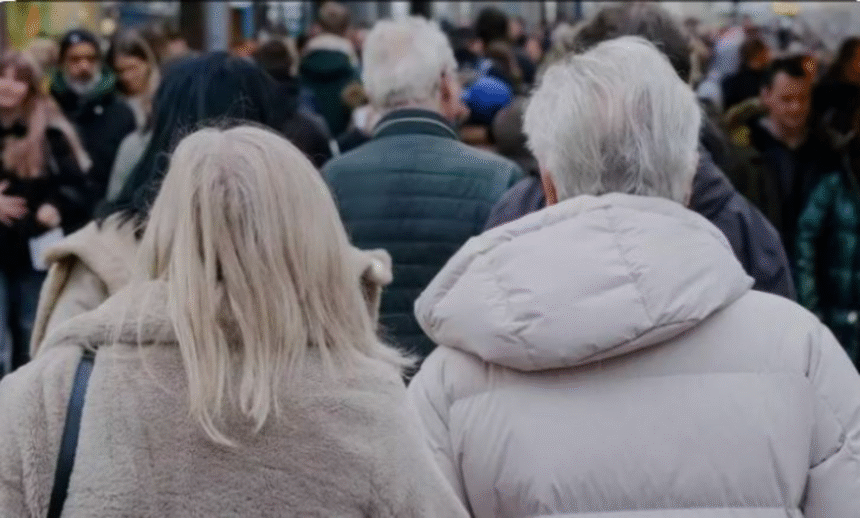The global population is ageing at an unprecedented rate. According to the World Health Organization’s (WHO) Global Report on Population Health, in 2020, for the first time in history, the number of people over age 65 surpassed the number of children under five.
Experts project that by 2050, people over 60 will outnumber youth aged 15 to 24, with around 80% of the elderly living in low- and middle-income countries.
The WHO emphasizes that older adults are not a homogeneous group. Over 142 million elderly people worldwide cannot meet basic needs. Women are especially vulnerable to poverty and loneliness in old age, and after age 80, they face greater physical difficulties than men.
Data shows that education and higher income are strongly correlated with better physical and cognitive health in later life.
In light of these challenges, the WHO is calling for sustainable social policies that support well-being at all stages of life and that address the lifelong inequalities that many people face.







